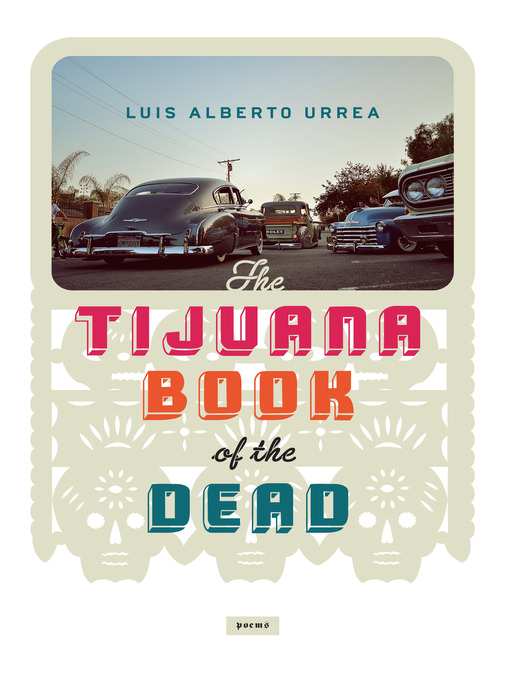- New eBooks
- Most Popular eBooks
- Libros en español
- Top Picks in Romance
- Sci-Fi Standouts
- Crazy for Comics
- Tasty Cookbooks
- Cozy Up to a Mystery
- Top Picks in Nonfiction
- Classics You've Said You've Read
- Try Something Different
- See all ebooks collections
- New Audiobooks
- Most Popular Audiobooks
- Audiolibros en Español
- Quick Listens
- Life Stories
- Romantic Tales
- Suspenseful Listening
- Have a Laugh
- Try Something Different
- See all audiobooks collections



